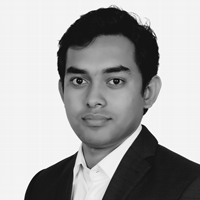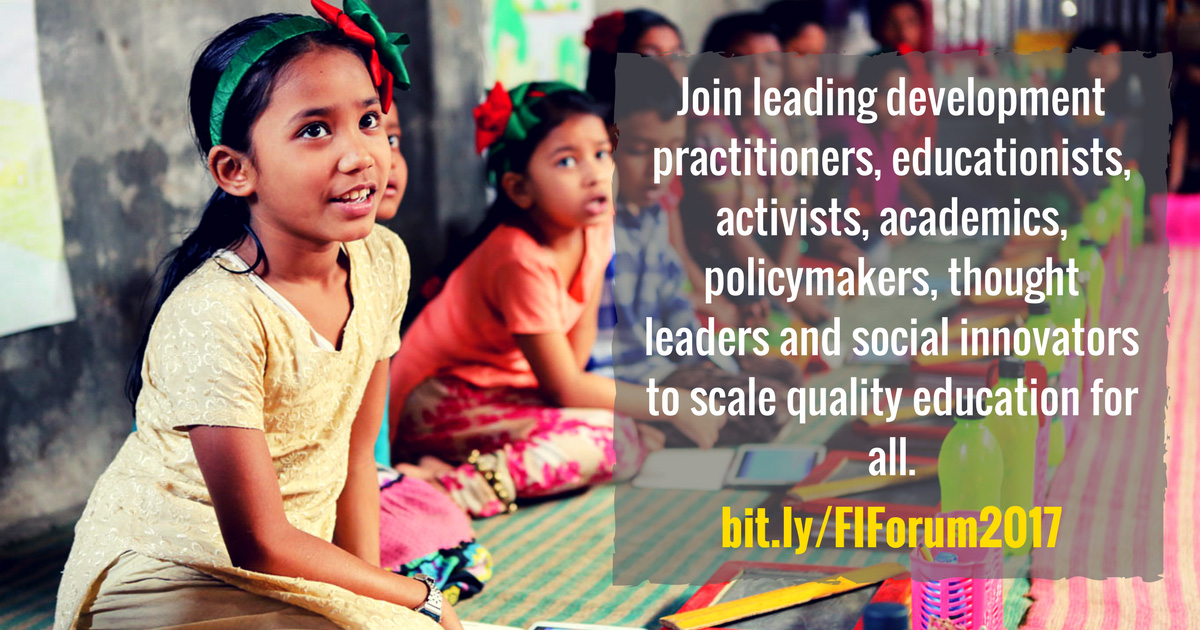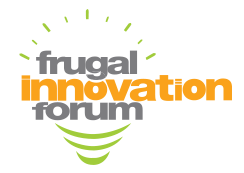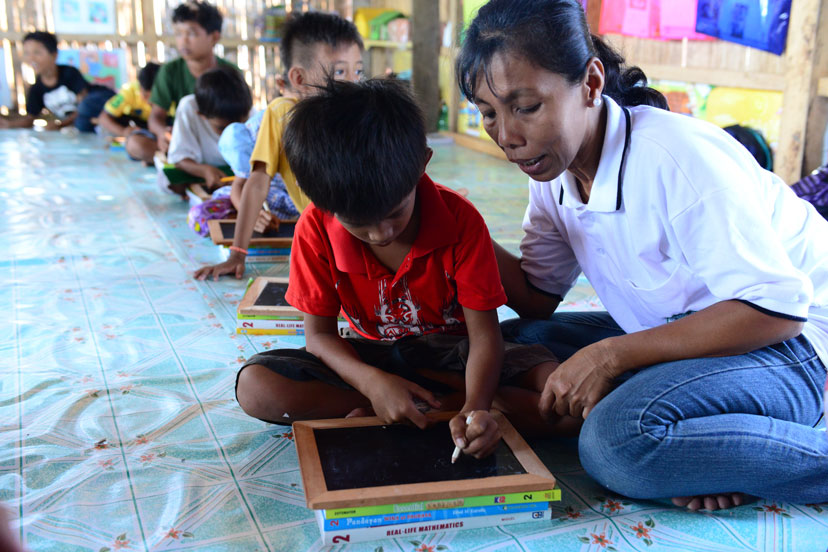Coming from a middle class family meant I had to try my best to excel in academics. However, now after spending so much money for school tuition, coaching and a foreign degree, I can’t help but wonder whether it was all worth it.
As I stepped into the professional world, I kept asking myself two questions: “How much of the knowledge that I obtained as a student can I retain to secure a desirable livelihood?” and “Do I know what I want to do in my life?” The answers, despite all my academic accomplishments, were not much and no respectively.
I spent much of my adolescence being obedient both at home and at school. At school I took the same subjects as those around me without giving a lot of thought into what interested me. I also did not want to look less capable by taking fewer subjects. In addition, there was this simplistic lesson that parents and teachers alike had instilled in me: “You need good grades for a good life’’.
I eventually enrolled at a university and managed to obtain a perfect score on an HR Management. However, the preparation was mostly memorising and if you asked me now what I learned for the exam, I wouldn’t be able to tell you. I possibly forgot much of what I learned soon as I left the examination hall.
It would, however, be wrong of me to say that I had zero take-away from my time in academia. My understanding of finance and accounting helped me land an internship in one of the largest accounting firms and my knowledge of economics helps me with my current job. Nevertheless, with technological advancements, a lot of this knowledge can be obtained from education portals such as the Khan Academy. Instead, my experiences outside the classroom were more valuable for my later professional engagements. I used to build car doors at a Volkswagen factory with blue collar workers and that experience helped me understand labour welfare and matters of public relations related to it.
My story isn’t unique.
It is common knowledge that there is a huge difference between what is taught in classrooms and what is desired by the market. A sector where this is evident is the RMG sector, where expats are employed in middle management positions while many of our youth remain unemployed.
It is not just essential professional skills that schools should provide, education should also help students find a philosophy or a purpose in their lives. Teachers have a massive role to play here.
Sadly many teachers are neither invested in what they are teaching, nor have they received proper pedagogical training. Thus when I came across the story of Brad Cohen, a teacher with Tourette’s syndrome, I was deeply inspired. He was bullied by his peers and punished by his teachers for his condition, but he didn’t let such experiences stop him. Instead, his experiences motivated him to become “the teacher he never had”. In addition to teaching students in elementary school math and reading, he also educated them about Tourette’s syndrome so that they accept him as just another teacher who happens to make funny noises.
Mr. Cohen’s story struck a chord with me because my own sister has cerebral palsy and it is also a very relevant issue in our current society. People with disabilities are stigmatised and deprived of their rights and the potential contributions they could make to the economy are lost because the education system does not accommodate them.
Even though there has been progress in technology and in pedagogy, there is no one-stop-solution when it comes to teaching or learning. To understand science, it is necessary to conduct researches and experiments, to understand business, it is important to do apprenticeships in the industry and to learn a new language it is vital to open yourself up a new culture. Therefore when attempting to bring about systematic changes in our education systems, we must constantly ask ourselves one question: What purpose should education serve? Only then can reforms have a positive impact on individuals and the society, be it through securing livelihoods or growing as a community.
 |
Minhaz Morshed Advisor Development Cooperation Embassy of the Federal Republic of Germany, Dhaka |



